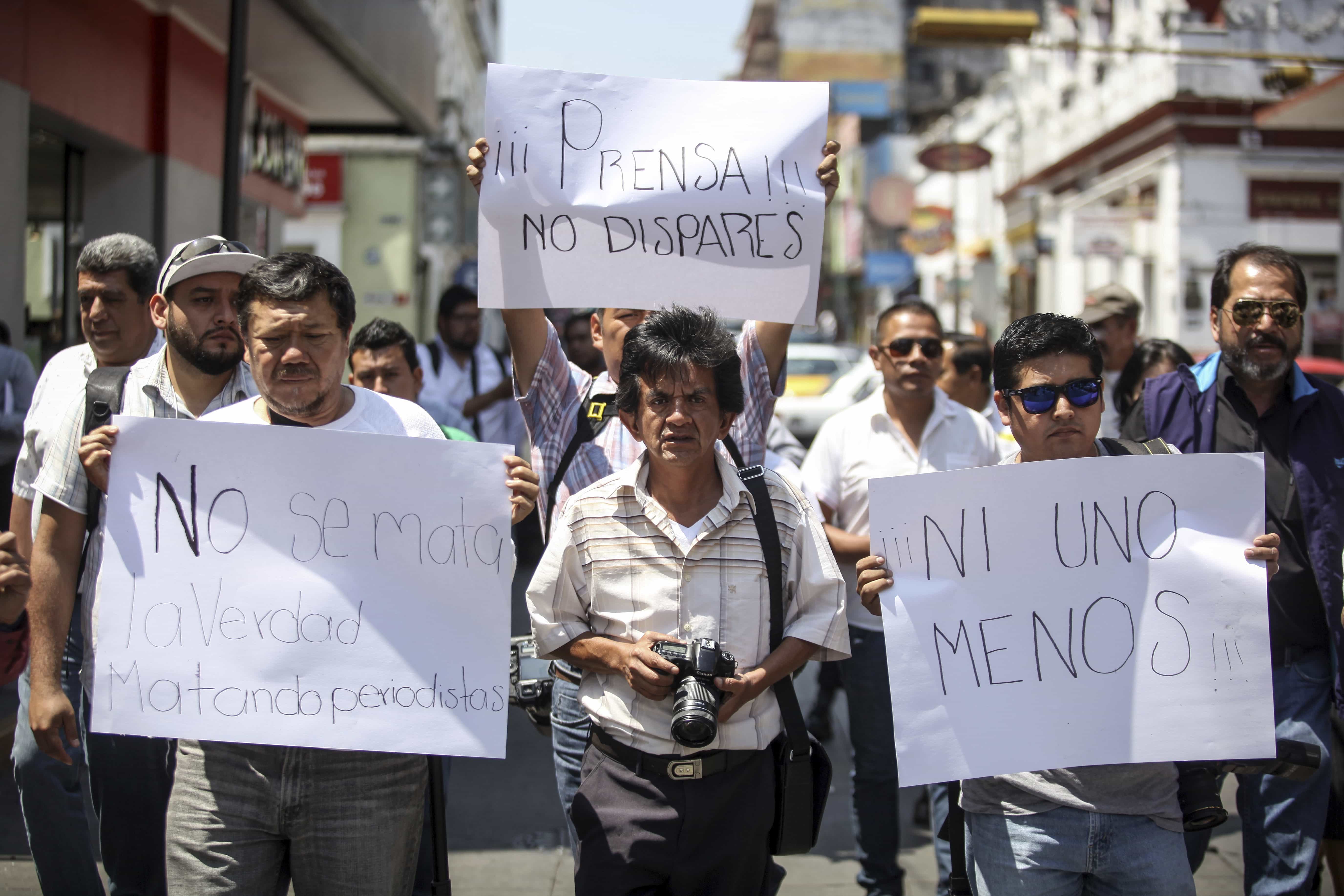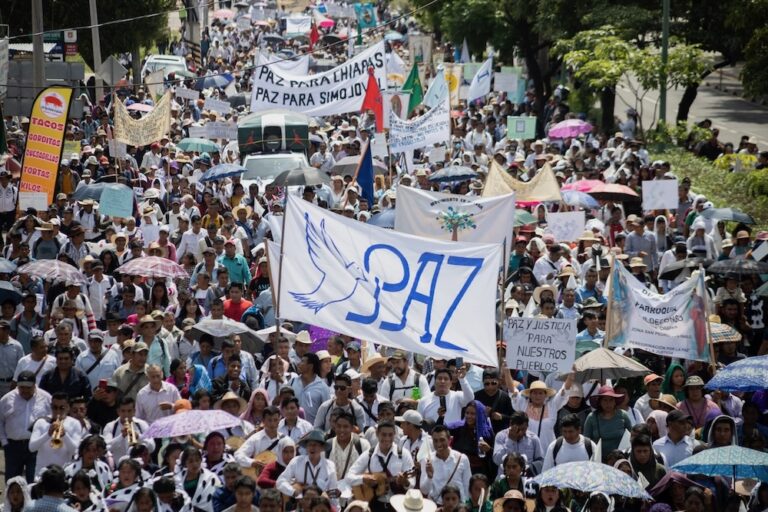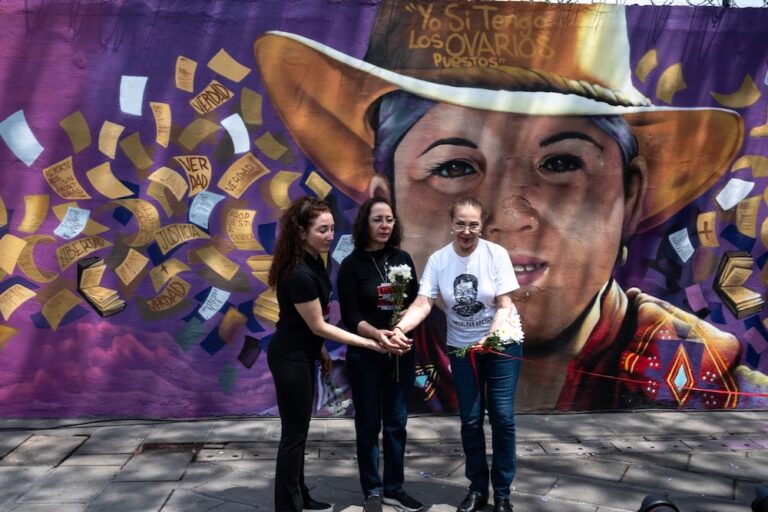Ricardo Monlui Cabrera was director of the print publication El Político and owner of the elpolitico.com.mx web page. He was also president of the Córdoba and Region Journalists and Photojournalists Association.
The following is a translation of a 19 March 2017 article originally published on articulo19.org.
On the morning of Sunday, 19 March 2017, various media outlets published news of the assassination of journalist Ricardo Monlui Cabrera in the city of Yanga, Veracruz.
In an interview, Jorge Morales, executive secretary of the Veracruz state commission that deals with the protection of journalists (Comisión Estatal para la Atención y la Protección de los Periodistas, CEAPP), told ARTICLE 19 that the only information they had was that Monlui was having breakfast with family members in a restaurant in the city at the time of the attack. When he left the restaurant “individuals on a motorcycle shot him three times. The attack was directed at the journalist. None of his family members were injured.”
Monlui was director of the print publication El Político and owner of the elpolitico.com.mx web page. He was also president of the Córdoba and Region Journalists and Photojournalists Association. In addition, he wrote the Crisol column published by El Sol de Córdoba and a number of media outlets in Xalapa.
Israel Roldán, a freelance journalist and contributor to Animal Político, told ARTICLE 19 that Monlui covered a range of issues in his column, but often focused on topics relating to sugar cane production in the area. In fact, in addition to the previously mentioned roles, he was also press chief for the National Sugar Cane Producers Union, CNC.
Roldán, who is also the director of Polígrafo, verificación del Discurso Público, A.C., said that “when you put yourself out to direct associations (in the state) you are immediately subjected to discreet surveillance.”
In December 2010, Monlui’s son, Ricardo Monlui Ruiz, was the victim of a firearms attack in the municipality of Ixtaczoquitlán, an area neighbouring Córdoba.
Two journalists have been assassinated in less than a month in Mexico. Monlui Cabrera was murdered 17 days after the 2 March killing of Cecilio Pineda in Guerrero. The assassination of Pineda highlighted the failures of the Interior Ministry’s (Secretaría de Gobernación, Segob) Mechanism for Protection of Journalists.
Since 2000, ARTICLE 19 has documented 102 assassinations of journalists in Mexico, with possible links to their work. Of that total, 29 have taken place during President Enrique Peña Nieto’s time in office.
Veracruz is the most lethal state for the press, with 22 journalists assassinated since 2000. In this context, it is worth highlighting that the largest number of homicides (17) took place while former governor Javier Duarte was in power (from 1 December 2010 to 30 November 2016). Despite the change in government however, with Miguel Ángel Yunes currently in power, violence against the press has not diminished substantively.
As such, ARTICLE 19 calls on the Veracruz State Attorney General’s Office to carry out the preliminary investigation into the assassination of Ricardo Monlui Cabrera in a diligent, objective and impartial manner, taking his work as a journalist into account as a primary line of inquiry.
In addition, ARTICLE 19 calls on the Office of the Special Prosecutor for Crimes against Freedom of Expression (Fiscalía Especial para la Atención de los Delitos Cometidos contra la Libertad de Expresión, FEADLE), under the federal Attorney General’s Office (Procuraduría General de República, PGR), to immediately investigate the above incidents as part of its constitutional obligations, particularly in the state of Veracruz where an adverse environment for freedom of expression and journalism clearly exists. This atmosphere is further exacerbated by a lack of political will to protect journalists in the area.
Finally, ARTICLE 19 calls on Governor Miguel Ángel Yunes Linares to implement the necessary measures to ensure protection and promotion of the right to freedom of expression and information in the state, thus leading to preventive measures as well as investigations and punishment of all violations of rights recognized in the constitution and international treaties signed by Mexico.

ARTICLE 19



